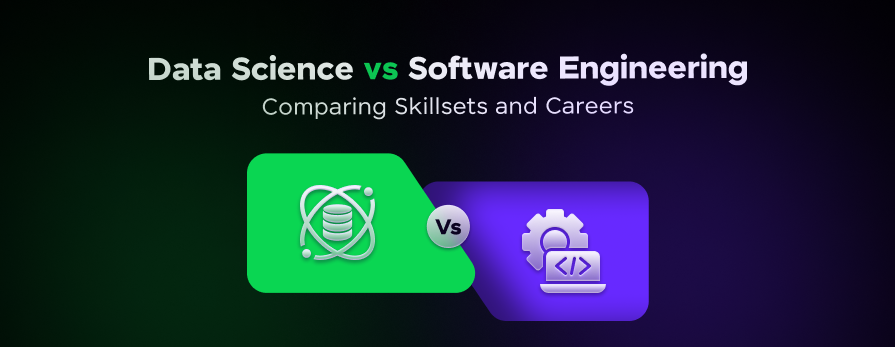
Data Science vs Software Engineering: Comparing Skill Sets and Careers
Sep 21, 2024 6 Min Read 1575 Views
(Last Updated)
When you are exploring the world of technology, you will definitely approach a debate between two top domains, and that is popularly known as data science vs software engineering.
When you are confused about what to choose as your career, this article is there to help you out and gives all the answers to the questions in your mind. So, without further ado, let us get started on our journey and see who wins the debate of data science vs software engineering.
Table of contents
- The Fundamentals in Data Science vs Software Engineering
- What is Data Science?
- What is Software Engineering?
- Data Science vs Software Engineering: Skillsets Needed
- Skills for Data Scientists
- Skills for Software Engineers
- Data Science vs Software Engineering: Career Paths and Opportunities
- Data Science Careers
- Software Engineering Careers
- Data Science vs Software Engineering: Salary and Job Demand
- Data Scientist Salaries in India
- Software Engineer Salaries in India
- Job Growth and Demand
- Data Science vs Software Engineering: General Comparison
- Data Science vs Software Engineering: Which Career is Right for You?
- When to Choose Data Science?
- When to Choose Software Engineering?
- Self-Assessment Questions
- Conclusion
- FAQs
- What are the main differences between data science and software engineering?
- Do data scientists need to know how to code?
- Can a software engineer transition to a data science role?
- What programming languages are essential for software engineers?
The Fundamentals in Data Science vs Software Engineering
As we said earlier, choosing Data Science or Software Engineering as a career can feel daunting for sure as both are equally exciting and rewarding paths.
No matter what we study or what we do, it is important to understand the fundamentals of both data science vs software engineering.
What is Data Science?

How do you think businesses thrive through the test of time? They are doing so by understanding customer behavior through data. Thus, the field of study that extracts insights and provides solutions for businesses from the data that users generate is what is known as Data Science.
If you’re aiming to become a data scientist, your primary role is to work with large datasets, employing statistical methods, machine learning algorithms, and data visualization techniques to solve complex problems.
Your main responsibility is to transform these generated raw data into actionable insights such as customer behavior that can drive decision-making in a business context.
What is Software Engineering?

On the other hand, which field of study do you think involves the software that we use in day-to-day life? Software engineering it is.
It mainly focuses on designing, developing, testing, and maintaining software applications. This involves applying engineering principles to software development, ensuring that the end product is reliable, efficient, and scalable.
As a software engineer, you have to work with various programming languages and development tools to create everything from mobile apps to large-scale enterprise systems.
But before we go any further, if you want to learn and explore more about Data Science and its functionalities, consider enrolling in a professionally certified online Data Science Course that teaches you everything about data and helps you get started as a data scientist.
Data Science vs Software Engineering: Skillsets Needed
The first thing to compare whenever we are at a crossroads between choosing two careers is the skillsets that the career demands.
Skills for Data Scientists

- Programming Languages: You need proficiency in programming languages like Python, R, and SQL. Python is particularly popular among data scientists because of its extensive libraries for data analysis and machine learning.
- Statistical Analysis: A solid understanding of statistics and probability is crucial for you to succeed as a data scientist. You’ll need to know how to interpret the collected data, conduct hypothesis testing, and build statistical models.
- Machine Learning: Familiarity with machine learning algorithms and frameworks (like TensorFlow or Scikit-Learn) is important for building predictive models.
- Data Visualization: Not only the subject but you also need expertise in tools like Tableau, Power BI, or even programming libraries like Matplotlib and Seaborn can help you present your insights effectively.
- Domain Knowledge: Understanding the industry you’re working in helps you to ask the right questions and interpret data correctly.
Skills for Software Engineers

- Programming Languages: Mastery of languages such as Java, C++, Python, or JavaScript is necessary as a software engineer. The choice of language often depends on the project requirements.
- Software Development Methodologies: It is mandatory to have knowledge of Agile, Scrum, or DevOps practices is beneficial for effective project management and collaboration.
- Problem-Solving: Strong analytical and problem-solving skills are essential for debugging and optimizing code.
- Systems Design: Understanding how to design scalable and efficient software systems is a key skill, involving knowledge of algorithms, data structures, and system architecture.
- Development Tools: Proficiency with development environments, version control systems (like Git), and CI/CD pipelines is important for efficient software development.
These are the major skillset differences between data science vs software engineering and this section gives you an idea on what are the skills you need to hone before deciding between the two careers.
The common thing that you need to master in both these careers is Python. If you are just starting out on it, you can master Python through a self-paced course and can be confident to set foot on any one of these careers.
Data Science vs Software Engineering: Career Paths and Opportunities
Next up, we need to see what career opportunities you have ahead of you if you choose anything between data science vs software engineering. This section helps you figure out that!
Let us see what opportunities these career paths have in store for you:
Data Science Careers

Data Science is a versatile field that provides you with a lot of opportunities in various industries such as finance, healthcare, e-commerce, and technology. These top data science careers include:
- Data Scientist: This job role focuses on extracting insights from data and building models.
- Data Analyst: As a data analyst, you have to work on data interpretation and reporting to help business decision-making.
- Machine Learning Engineer: An interesting job role that specializes in implementing machine learning models in production.
- Data Engineer: The data engineer role is responsible for designing and managing data pipelines and architectures.
Software Engineering Careers

Software Engineering offers a wide range of career opportunities in tech companies, startups, and large corporations. Typical software engineering roles include:
- Software Developer: The most common role among IT professionals is this one. It involves writing and maintaining code for applications.
- Systems Architect: These are the pillars of software development. They design the overall structure of software systems and then, developers will develop this.
- DevOps Engineer: An interesting cross-domain profession that lets you manage deployment pipelines and ensures smooth operations of software.
- Mobile App Developer: A specialized role that purely involves creating applications for mobile platforms.
Data Science vs Software Engineering: Salary and Job Demand
Going one step further to solve the debate of data science vs software engineering, we got the salary and job demand for these two career paths.
Here’s a look at the salary outlook for these fields in India:
Data Scientist Salaries in India
- Entry-Level (0-2 years of experience): ₹4,00,000 – ₹8,00,000 per annum
- Mid-Level (2-5 years of experience): ₹8,00,000 – ₹15,00,000 per annum
- Senior-Level (5+ years of experience): ₹15,00,000 – ₹30,00,000+ per annum
(Source: Ambitionbox)
Data Scientists salaries with specialized skills in machine learning, deep learning, and big data technologies can command even higher pay, often exceeding ₹30,00,000 per annum at senior levels.
Software Engineer Salaries in India
- Entry-Level (0-2 years of experience): ₹3,00,000 – ₹7,00,000 per annum
- Mid-Level (2-5 years of experience): ₹7,00,000 – ₹15,00,000 per annum
- Senior-Level (5+ years of experience): ₹15,00,000 – ₹25,00,000+ per annum
(Source: Ambitionbox)
Software Engineers with expertise in high-demand areas such as cloud computing, DevOps, artificial intelligence, and cybersecurity can see salaries reaching above ₹25,00,000 per annum at senior levels.
Job Growth and Demand
Both fields are experiencing rapid growth and high job demand in India:
- Data Science: As every industry across the globe relies heavily on data, the demand for data scientists is seeing never-before heights and one of the surveys mentions that the growth rate and demand for data science is said to increase around 35 percent from 2022 to 2032. The career growth is phenomenal as one can start from a junior level job like junior data scientist and can reach senior level positions in no time.
- Software Engineering: Since the dawn of the internet, the need for software engineers has remained consistently high due to the ongoing digital transformation across sectors. According to a survey done by BLS (Bureau of Labor Statistics), it is expected that the market of software engineering is about to increase by 25% by 2031.
The demand for professionals in both these fields is high so if you take any one of the fields amongst data science vs software engineering, you are in a safe place.
Data Science vs Software Engineering: General Comparison

To make it easy for you, we made a tabular comparison of data science vs software engineering.
| Aspect | Data Science | Software Engineering |
|---|---|---|
| Key Tools | Jupyter Notebooks, Pandas, NumPy, Spark | IDEs like Visual Studio, Eclipse, and JetBrains |
| Data Handling | Extensive use of databases and data processing frameworks | Use of databases for backend development |
| Research Component | High – involves a lot of experimentation and model validation | Moderate – focused more on development and testing |
| End Goals | Business insights, data-driven decision-making | Functional, efficient, and user-friendly software |
| Collaboration | Often works closely with business analysts and stakeholders | Often works closely with other developers and product managers |
| Problem Type | Predictive, exploratory, and inferential problems | Functional and optimization problems |
| Project Lifecycle | Iterative – involves multiple rounds of data analysis and model refinement | Linear – follows a structured development lifecycle (design, develop, test, deploy) |
| Education Background | Often requires knowledge in statistics, mathematics, and domain-specific knowledge | Often requires knowledge in computer science and software engineering principles |
| Interdisciplinary Nature | Combines knowledge from computer science, statistics, and domain expertise | Primarily focused on computer science and engineering principles |
This table should help provide a clear and concise comparison of the key aspects of Data Science vs Software Engineering careers.
Data Science vs Software Engineering: Which Career is Right for You?
Time to address the elephant in the room, the question that must be lingering on your mind from the moment you opened this article, “Data Science vs Software Engineering; Which career is best for me?” Don’t worry, you’ll find the answer to that in this section.
To help you make an informed decision to choose a career between data science vs software engineering, let’s dive deeper into what each career path provides for you and see which one aligns best with your interests, strengths, and career goals.
When to Choose Data Science?

If you’re someone who enjoys working with data, exploring and decrypting complex patterns, and making data-driven decisions based on data science components, then it might be the perfect fit for you. Here’s why:
- Love for Numbers and Statistics:
- If you have a knack for mathematics and statistics, you’ll find data science fulfilling. You’ll be applying these skills to analyze data and build models that predict future trends.
- Analytical Mindset:
- Do you enjoy solving complex problems and making sense of large datasets? Data science involves a lot of data cleaning, exploration, and interpretation to extract meaningful insights.
- Curiosity and Research:
- Are you naturally curious and enjoy conducting research? Data science often requires digging deep into data to uncover hidden patterns and test hypotheses, making it ideal for inquisitive minds.
- Impact on Decision-Making:
- Do you want to influence business strategies and decisions? As a data scientist, your analyses and models can drive critical decisions, making your work highly impactful.
- Interest in Machine Learning:
- If you’re fascinated by artificial intelligence and machine learning, this field will allow you to develop and implement algorithms that can learn and make predictions from data.
When to Choose Software Engineering?
On the other hand, if you’re passionate about building software, enjoy coding, and want to create applications that people use every day and create an impact in their lives, Software Engineering might be your calling. Here’s why:
- Passion for Coding:
- Do you love writing code and building software? Software engineering involves a lot of programming, so if you enjoy solving problems through code, this field is for you.
- Creativity and Design:
- Are you creative and enjoy designing solutions? Software engineering allows you to design and develop innovative software that meets user needs and solves real-world problems.
- Focus on Efficiency:
- Do you like optimizing systems for performance and efficiency? You’ll be involved in writing efficient code, optimizing algorithms, and ensuring that software runs smoothly and quickly.
- Team Collaboration:
- Do you enjoy working in teams? Software engineering projects often require collaboration with other developers, designers, and product managers, making teamwork a crucial part of the job.
- Variety of Projects:
- Do you like variety in your work? Software engineers work on a wide range of projects, from web development and mobile apps to large-scale enterprise systems, ensuring that you’re always learning and facing new challenges.
Self-Assessment Questions
In addition to the above pointers, to help you decide, here are a few self-assessment questions you can ask yourself:
- What are my strengths? Are you better at analytical thinking or creative problem-solving?
- What excites me more? Working with data and statistics or building and optimizing software?
- What kind of impact do I want to have? Do you want to influence business decisions or create user-facing applications?
- How do I like to work? Independently analyzing data or collaboratively developing software?
By answering these self-assessment questions you basically understand more about yourself and that will lead you to choose which career is best for you, data science vs software engineering.
If you want to learn more about Data Science and set a strong career in that, then consider enrolling in GUVI’s Certified Data Science Course which not only gives you theoretical knowledge but also practical knowledge with the help of real-world projects.
Conclusion
In conclusion, the debate of Data Science vs Software Engineering is not so simple to answer in general terms. Both are rewarding careers with high demand and excellent growth prospects.
By considering your interests, strengths, and career goals, you can choose the path that aligns best with who you are and what you want to achieve.
Whether you decide to jump into the world of data or immerse yourself in software development, both fields offer the chance to make a significant impact and build a fulfilling career.
Remember, the best career for you is the one that aligns with your passions and skills. Take your time to explore both fields, maybe try out a few projects or courses, and see what resonates most with you.
FAQs
1. What are the main differences between data science and software engineering?
Data science focuses on analyzing and interpreting complex data to help make business decisions, while software engineering is about designing, developing, and maintaining software systems.
2. Do data scientists need to know how to code?
Yes, data scientists need to know programming languages like Python, R, and SQL for data manipulation, analysis, and building models.
3. Can a software engineer transition to a data science role?
Yes, with additional training in statistics, machine learning, and data analysis, a software engineer can transition to a data science role.
4. What programming languages are essential for software engineers?
Software engineers commonly use languages like Java, C++, Python, and JavaScript depending on the project requirements.

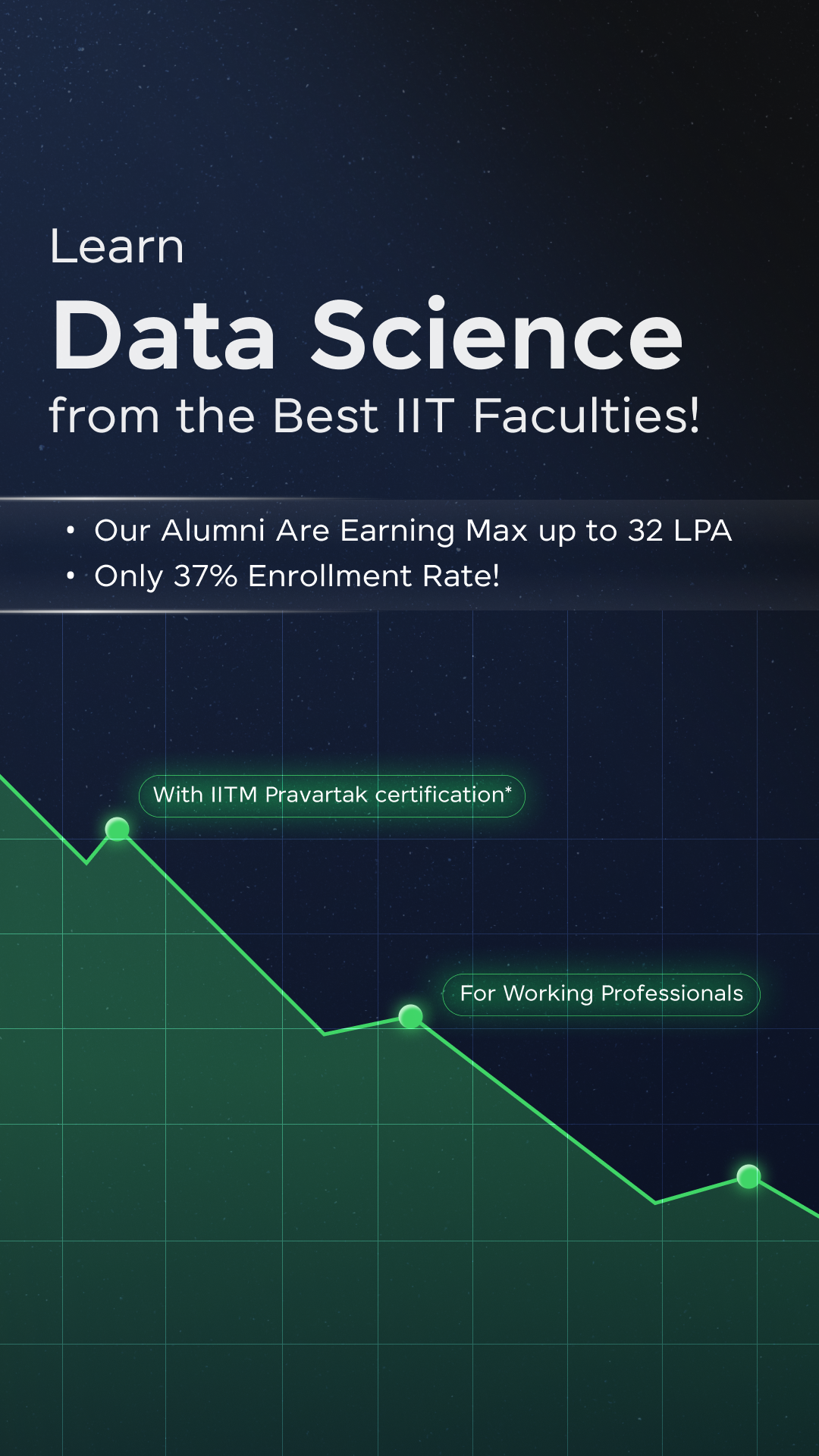













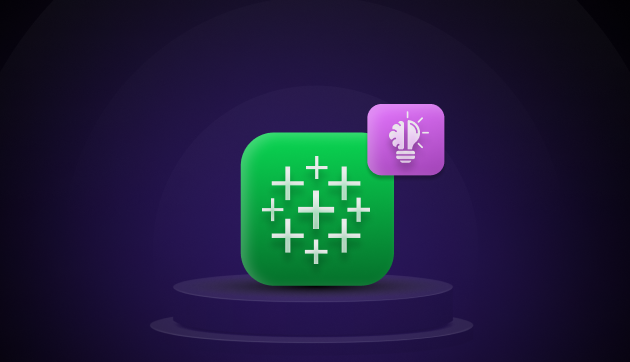
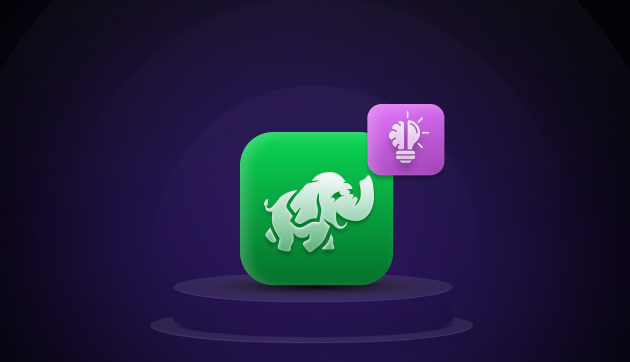
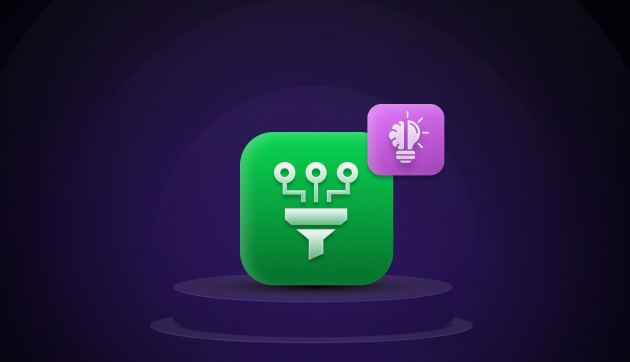
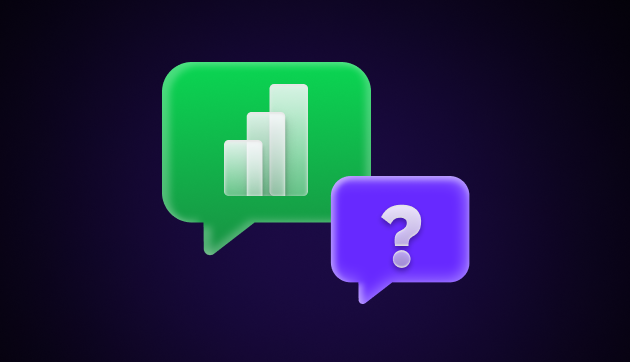
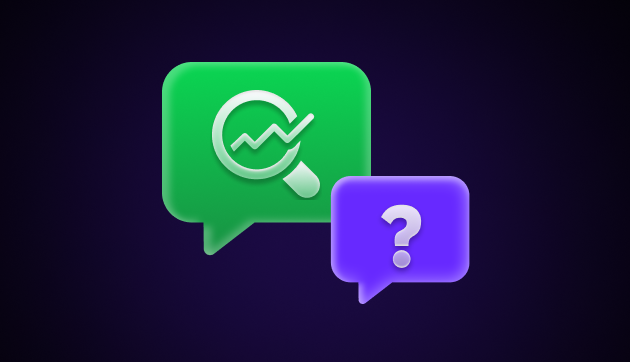

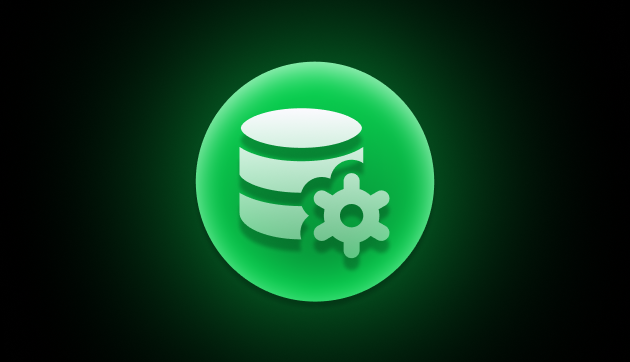
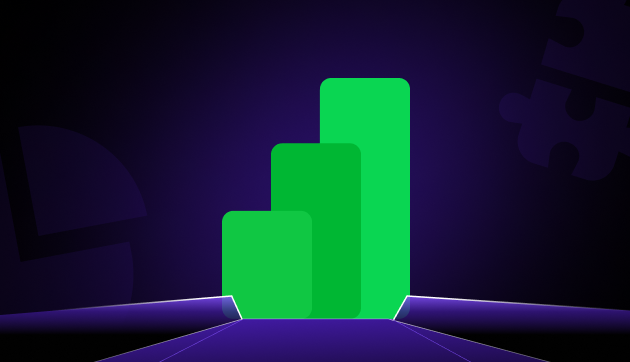
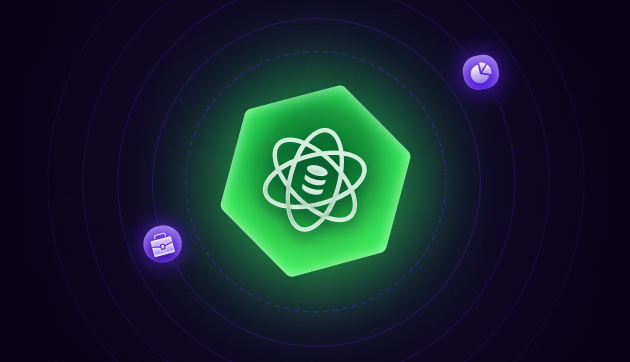
Did you enjoy this article?